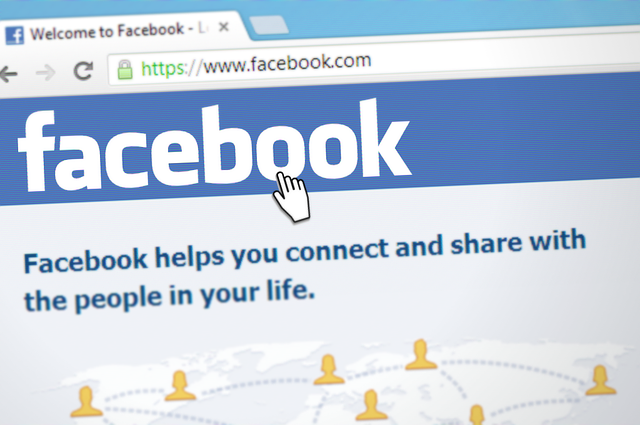By M. Cambo
Facebook has been in the news. CEO Mark Zuckerberg faced a congressional hearing in early April to explain the company’s involvement with the Cambridge Analytica scandal. It has come to light in 2012, Facebook, and its platform, was used by researchers at Cambridge along with the data analytics company Cambridge Analytica to gain profile information that may have been later used for political purposes. The influence of this data may have been felt in the 2016 US presidential election and the Brexit vote.
A staggering 87 million users were affected, and it was all perfectly legal according to Facebook. The social net work’s platform was exploited to gather the data, while still fitting into the guidelines set by the company. Facebook says that since then restrictions and protections on user’s data have been tightened, limiting the possibility of future examples of this, but why did it happen in the first place?
Many current news stories may be a bit misleading in the sensationalizing of this, using buzzwords that don’t reflect the reality of the event. Facebook has been aware of its own vulnerabilities, and in itself did not take an active role in the gathering of data. However, they let policies stay in place that allowed this to happen, and becoming aware of what had happened, they still have not fully guaranteed user’s protection.
How the data was gathered was not a straight forward process, but it was not a “hack” of Facebook. The researchers made an app within Facebook, taking the form of a short quiz that people could take. While the quiz itself gathered data on those who took it, it also utilized a backdoor that allowed the raw data of both the people taking the quiz and all of their Facebook friends to be gathered and kept. Facebook was aware of this loophole, and the only accommodation to try and stop it was them saying that any data gathered using the loophole could not be sold for profit. That is exactly what happened, with the date being passed into the hands of Cambridge Analytica, a company co-created by Steve Bannon. This shows apparent apathy or concern for users on Facebooks part, and while the argument can undoubtedly be made that you should never put anything on the internet you don’t want used or exposed, most people are content with trusting social media companies to protect them. The question now is what does this mean for Facebook in the long run, will this cause more users to jump from the burning ship? Economically, the company is doing just fine, but this is another in a string of event that should be leaving a bad taste in consumers mouths.
Is Facebook losing users over scandals such as these? The over whelming answer seems to be that while some people have left the app, usage is still strong, particularly for communication and advertising. Communities of friends have been built, and even if the main features aren’t used by people, the messaging service definitely is.
Student Stephany Ayala says that she has never used facebook much, but she still uses the messenger feature consistently. “I use it to talk to my friends in Mexico,” she says, “not all of them have phones, so its nice to be able to be in contact.” Facebook still has its uses, but for how long?






